Asia/India/Junio 2016/Autor: Editor/ Fuente: indiatvnews.com
Resumen: Ministro HRD Unión Smriti Irani ha dicho que el informe sobre la Política Nacional de Educación se hará público sólo después de tomar puntos de vista de los estados
Union HRD Minister Smriti Irani has said that the report on National Education Policy will be made public only after taking views from the states.
«The education policy is not a property of an individual. We need to share it with the states and get their approval before making it public,» Irani said on Friday.
Irani’s remark came in the wake of former cabinet secretary TSR Subramanian, who led the panel which prepared the report suggesting reforms to the policy, demand that the he will make the new policy public if the government did not do so. Subramanium headed a five-member committee that formulated the new education policy and submitted it to the HRD Ministry last month.
Irani said it was the first time in the country that an education policy had been chalked out after eliciting suggestions from students and their parents.
«We leveraged technology and received written suggestions from 1.10 lakh villages, over 5,000 blocks and 20 states,» she said while elaborating on the procedure adopted for receiving public suggestions.
The Minister said the Narendra Modi government had added six IIMs (Indian Institutes of Management), two IITs (Indian Institutes of Technology) and five IIITs (Indian Institutes of Information Technology) to provide quality education to the students.
She said the new education policy had done away with «no-failure» system and re-adopted the system to detain students after class five in case they fail to meet required educational standards.
Irani said the government had also brought forth a mechanism to rank institutes of higher education to raise the quality of education all over the country.
«Medical and law institutions will be ranked separately from next year,» she added.
Irani said that her Ministry was emphasising on the overall growth of children by promoting their interests in cultural activities and regional crafts.
Fuente de la noticia: http://www.indiatvnews.com/politics/national-will-release-new-education-policy-only-after-states-approval-hrd-minister-smriti-irani-332655
Fuente de la imagen: http://resize1.indiatvnews.com/en/centered/newbucket/750_533/2016/06/PTI6_3_2016_000170B.jpg
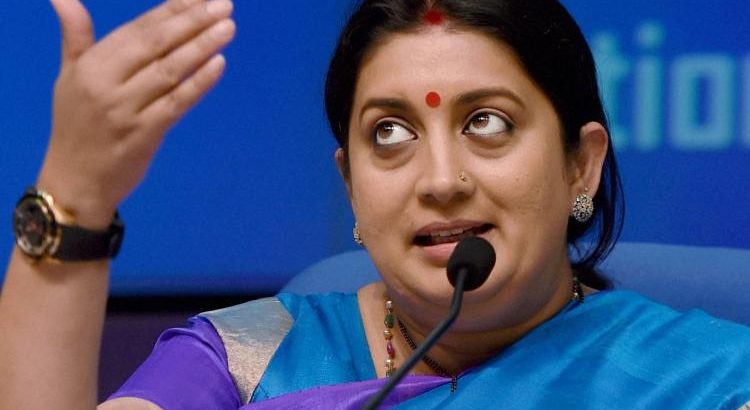
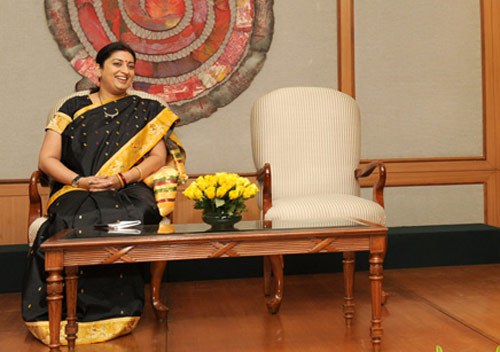
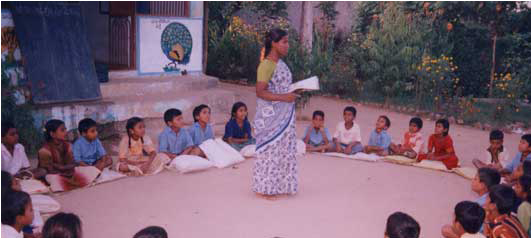
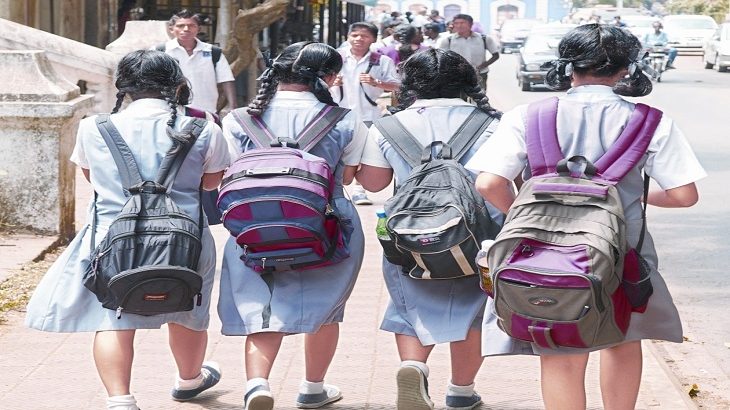


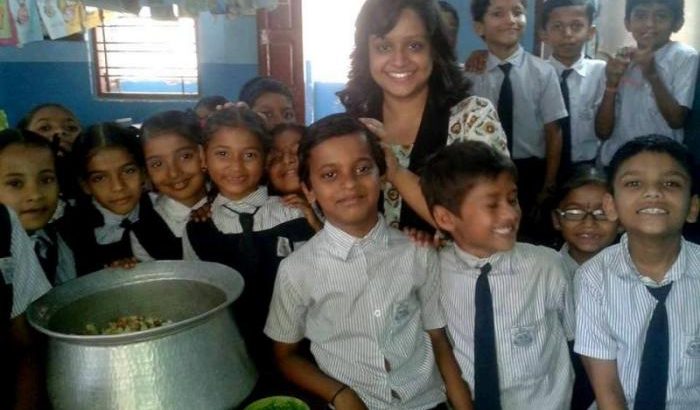





 Users Today : 65
Users Today : 65 Total Users : 35404332
Total Users : 35404332 Views Today : 80
Views Today : 80 Total views : 3333854
Total views : 3333854